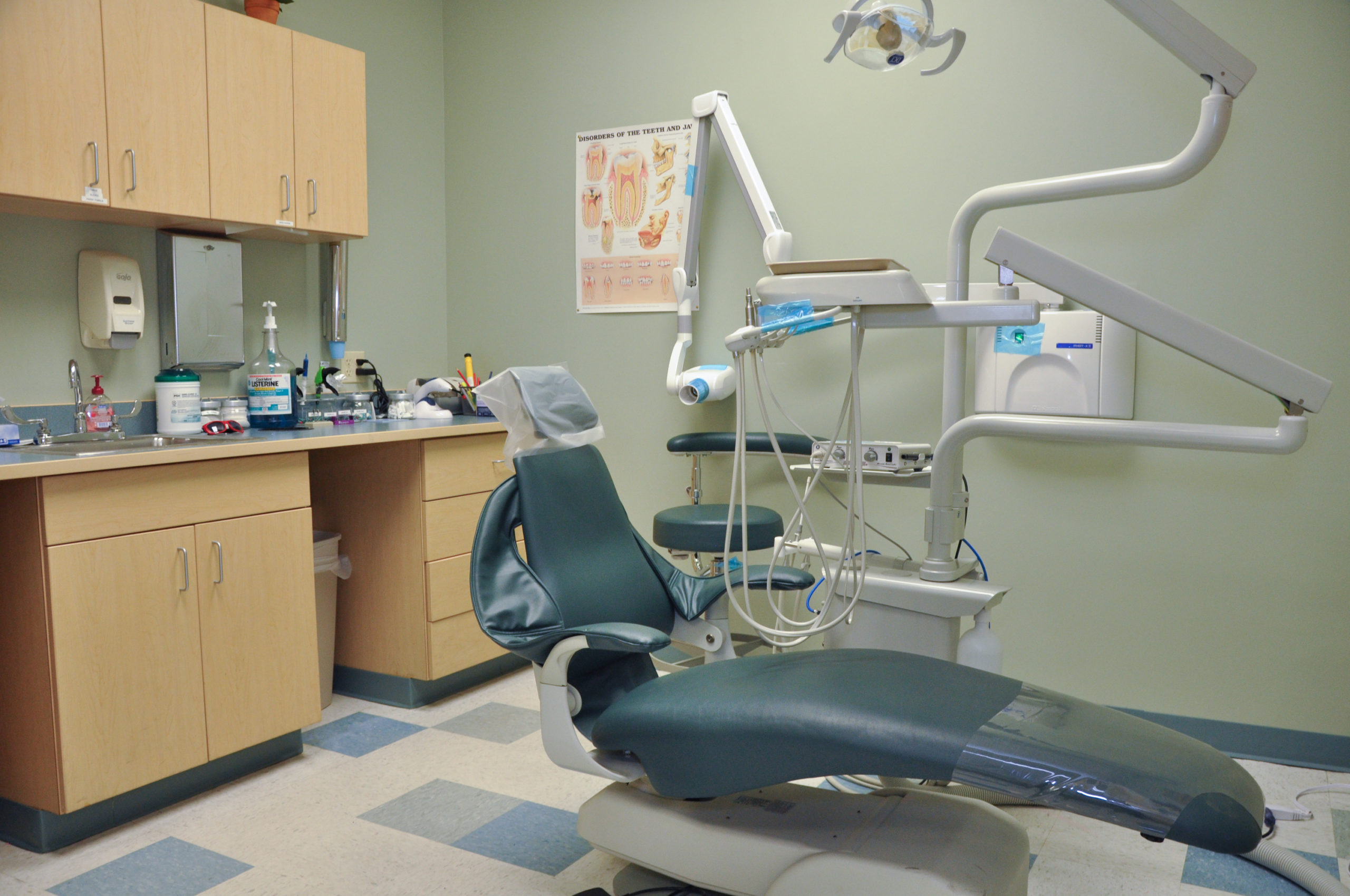Learn Regarding Regular Oral Problems Your Dentist Can Fix
Understanding constant dental worries is vital for preserving optimal dental health. Issues such as tooth cavities, periodontal illness, tooth sensitivity, bad breath, and tooth decay are usual yet commonly neglected until they come to be severe. Routine dental visits and personalized treatment strategies can address these issues efficiently, guaranteeing a healthier and brighter smile.
Cavities
Tooth cavities, likewise called oral caries, are a prevalent dental health problem triggered by the demineralization of tooth enamel as a result of acid manufacturing from microbial plaque. This process begins when bacteria in the mouth metabolize sugars and starches from food, producing acids that erode the enamel. If not attended to promptly, this erosion can pass through deeper into the tooth, affecting the dentin and eventually the pulp, possibly causing extreme discomfort and infection.
The very early phases of tooth cavity development commonly existing as white places on the tooth surface, indicating first demineralization. As the process progresses, these spots can turn into brown or black lesions, representing much more considerable decay. Routine oral check-ups are essential for early discovery, as dental caries in their incipient stages can be treated with remineralization techniques, such as fluoride treatments.
Dental professionals typically get rid of the decayed part of the tooth and fill up the tooth cavity with products such as composite resin, amalgam, or ceramic. Preventative actions, including great dental hygiene techniques and nutritional modifications, play a critical duty in alleviating the threat of tooth cavities.
Gum Tissue Illness
While tooth cavities represent a substantial issue for oral health and wellness, one more critical concern that requires attention is gum tissue disease. Understood as periodontal illness, gum tissue disease is an inflammatory condition impacting the tissues surrounding and sustaining the teeth. It is primarily triggered by the buildup of plaque-- a sticky movie of bacteria that bases on teeth.
Gum disease progresses with phases, starting with gingivitis, identified by soreness, swelling, and hemorrhaging gum tissues (eugene dentist). If left neglected, gingivitis can rise to periodontitis, where the internal layer of the gum and bone pull away from the teeth, developing pockets that end up being infected. With time, the toxins created by the germs damage down the bone and connective cells that hold teeth in position, potentially causing missing teeth
Very early detection and therapy are critical. Professional dental cleanings and boosted dental hygiene practices, such as cleaning two times everyday and flossing, can handle gingivitis. For advanced phases, therapies might consist of scaling and origin planing, anti-biotics, or even surgical treatments.
Routine dental exams play a crucial duty in taking care of and preventing periodontal illness. Dental experts can recognize early indications and advise proper interventions, guaranteeing the maintenance of healthy periodontals and general oral health.
Tooth Level Of Sensitivity
Tooth level of sensitivity affects millions of individuals worldwide, presenting a common yet often distressing oral problem. This problem develops when the enamel, the outermost protective layer of the teeth, is compromised, revealing the underlying dentin.
A number of variables contribute to enamel disintegration and succeeding tooth sensitivity, including aggressive cleaning, acidic foods and beverages, gum tissue economic downturn, and bruxism (teeth grinding) Additionally, dental procedures such as teeth lightening can temporarily increase level of sensitivity.
Poor Breath
Another prevalent dental concern that impacts people' every day lives is bad breath, medically termed halitosis. This condition can be specifically distressing, influencing individual communications and self-confidence. Bad breath usually originates from poor dental health, which permits food particles to stay in the mouth, fostering microbial growth. These bacteria generate sulfur compounds, causing unpleasant odors.

Recommendations might entail improving dental health methods, such as regular cleaning and flossing, using anti-bacterial mouth washes, staying hydrated, and dealing with any oral issues. Effective monitoring of bad breath not only enhances oral wellness however also considerably enhances high quality of life.
Dental Cavity

Protecting against dental caries includes a combination of great dental hygiene practices and normal dental check-ups. Cleaning teeth a minimum of twice daily with fluoride tooth paste, flossing to remove plaque between teeth, and restricting the consumption of sugary foods and beverages are important precautionary steps. Fluoride therapies, oral sealants, and professional cleansings given by a dentist can additionally play a considerable duty in fortifying enamel and stopping degeneration.
When dental cavity occurs, very early intervention is essential. Dental professionals can get rid of corroded tissue and restore the tooth with dental fillings made from materials such as composite resin, amalgam, or porcelain. In more innovative instances, treatments like crowns, origin canals, or extractions may be required. By addressing dental caries quickly, dental practitioners help maintain oral structure and function, making certain long-term dental health and wellness.
Verdict
Addressing usual oral issues such as tooth cavities, periodontal condition, tooth sensitivity, halitosis, and dental cavity is essential for keeping optimum dental health and wellness and overall health. Dental practitioners possess the competence to detect and treat these issues effectively, making certain customized care for each person. Normal preventive actions and dental examinations are necessary in recognizing and handling these problems early, promoting a healthier and a lot more positive smile over a life time.

Tooth decay, also understood as oral caries, happens when the enamel, the outermost layer of the tooth, is worn down by acids created by germs in the mouth. Brushing teeth at least two times daily with fluoride toothpaste, flossing to get rid of plaque between teeth, and limiting the intake of sweet foods and drinks are important precautionary actions.Resolving typical oral concerns such as tooth cavities, gum tissue disease, tooth level of sensitivity, negative breath, and tooth decay is critical for preserving ideal oral health and total health.